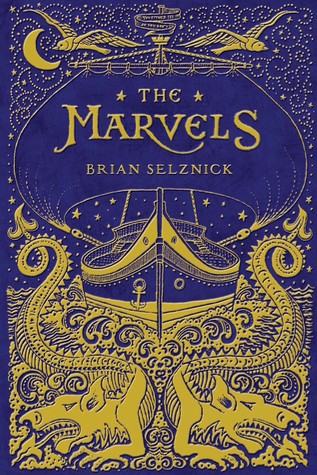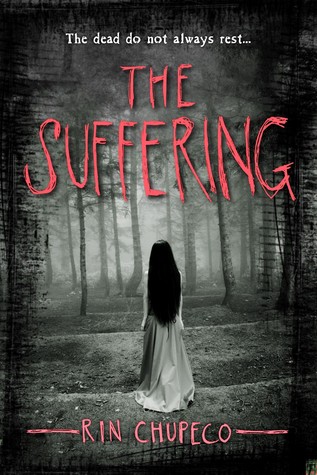
Today's post is on The Invention of Science: A New History of the Scientific Revolution by David Wootton. It is 768 pages long and is published by HarperCollins. The cover is an art print of a hand and a compass. The intended reader is someone who is interested in scientific history. There is no language, no sex, and no violence in this book. There Be Spoilers Ahead.
From the back of the book- A companion to such acclaimed works as The Age of Wonder, A Clockwork Universe, and Darwin’s Ghosts—a groundbreaking examination of the greatest event in history, the Scientific Revolution, and how it came to change the way we understand ourselves and our world.
We live in a world transformed by scientific discovery. Yet today, science and its practitioners have come under political attack. In this fascinating history spanning continents and centuries, historian David Wootton offers a lively defense of science, revealing why the Scientific Revolution was truly the greatest event in our history.
The Invention of Science goes back five hundred years in time to chronicle this crucial transformation, exploring the factors that led to its birth and the people who made it happen. Wootton argues that the Scientific Revolution was actually five separate yet concurrent events that developed independently, but came to intersect and create a new worldview. Here are the brilliant iconoclasts—Galileo, Copernicus, Brahe, Newton, and many more curious minds from across Europe—whose studies of the natural world challenged centuries of religious orthodoxy and ingrained superstition.
From gunpowder technology, the discovery of the new world, movable type printing, perspective painting, and the telescope to the practice of conducting experiments, the laws of nature, and the concept of the fact, Wotton shows how these discoveries codified into a social construct and a system of knowledge. Ultimately, he makes clear the link between scientific discovery and the rise of industrialization—and the birth of the modern world we know.
Review- I wanted to like and enjoy this book so much but it was so bogged down by too many details and tangents that I could not. At times, too few and far between, Wootton would talk about something really interesting like how scientists came to the ideas they are famous for or how they did not come to them alone. But most of the this book is some kind of tangent. Wootton has so much that he is trying to do that he does none of them. I was mostly bored doing this book. I had to use the graduate student skim to read this book. I hate using the graduate student skim. I guess if too detailed books about any subject are your thing, you should try this. If you are looking for an interesting book about science came to be as we know it today then skip this one.
I give this book a One out of Five stars. I was given a copy of this book by HarperCollins in exchange for an honest review.







